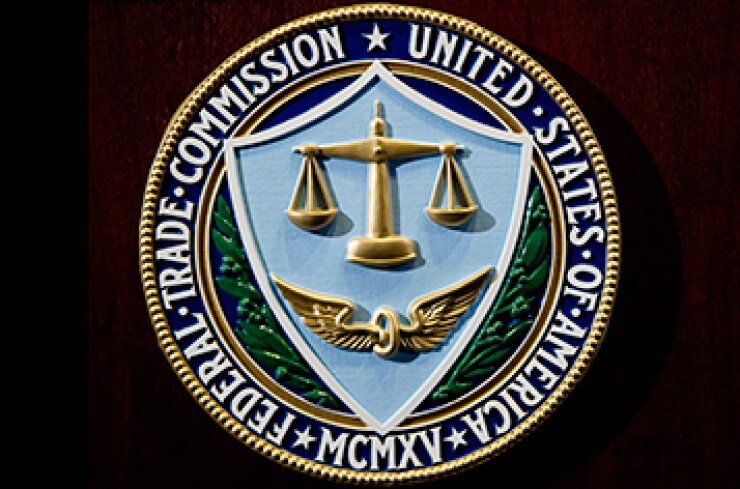
CHICAGO – A federal appellate panel dealt a setback Monday to the proposed merger of Illinois-based Advocate Health Care and NorthShore University HealthSystem.
A 7th Circuit Court of Appeals panel in Chicago
The appeals court found flaws in the district's court's findings on how the merger would impact local competition.
"Even with the deference we give a district court's findings of fact, the district court's geographic market finding here was clearly erroneous," the appellate decision said. "The geographic market question asks in essence, how many hospitals can insurers convince most customers to drive past to save a few percent on their health insurance premiums? We should not be surprised if that number is very small. Plaintiffs have made a strong case that it is."
The opinion remands the case to the district court level for further review. The merger remains enjoined pending the district court's reconsideration of the preliminary injunction motion, according to the ruling.
"We are disappointed in today's ruling ….we believe that blocking this merger will be a loss to consumers and further underscores the conflicting message with the objectives of the Affordable Care Act," the systems said in a joint statement. "While our legal teams review the decision, we remain confident our merger would lower costs and improve outcomes for consumers."
Monday's development is the latest twist in a saga being closely watched by the not-for-profit healthcare sector because the FTC has amplified its scrutiny of mergers as consolidation continues unabated in a sector grappling with federal healthcare reform.
The two systems first announced their intent to merge in September 2014. The FTC and state moved to block the move with the filing of an administrative complaint in December 2015 that sought a preliminary injunction. It warned that the combined system would control more than 50% of general acute care inpatient hospital services in the Chicago North Shore area and would harm consumers by imposing higher costs and diminished incentives to upgrade services.
The systems countered that the FTC's concerns were inflated and services and pricing would not be harmed but improved. After a six-day administrative proceeding in April, the district court in a June ruling sided with the systems and refused to grant the injunction finding that the FTC failed to show "a likelihood" that it would "succeed on the merits of their antitrust claims," the legal threshold for granting an injunction.
Both Illinois systems carry double-A level ratings and the rating agencies have taken a positive view of the proposed merger first announced in 2014. Advocate already is the largest not-for-profit healthcare system in the state.
The agreement outlines plans to consolidate balance sheets and boards of directors, as well as to have a unified mission, vision and strategy. The heads of each system will serve as co-chief executive officers for a designated period.
Advocate is the larger of the two with 12 hospitals and more than $1 billion of debt outstanding while NorthShore operates four hospitals and has about $300 million of debt.
The new entity would be known as Advocate NorthShore Health Partners and operate 16 hospitals with more than $7 billion in annual revenues. The new system would serve three million patients annually.
The FTC's action marked the latest in a series of merger challenges spurred by antitrust worries. Penn State Hershey Medical Center and Pinnacle Health System recently dropped their plans to merge over concerns of a prolonged battle.
The Advocate-NorthShore merger highlights points expressed by S&P Global Ratings health care analyst J. Kevin Holloran during a recent panel discussion. He sees merger activity as being at an "inflection point" with growing activity that breaks from historical patterns of stronger hospitals or systems acquiring weaker ones and that could draw greater regulatory attention.
"I think what we are seeing now is a break from that….the strong merging with the strong," he said. That in turn could increase scrutiny and the industry "might see regulators get much more involved when the strong are saying they we want to merge with the strong."





